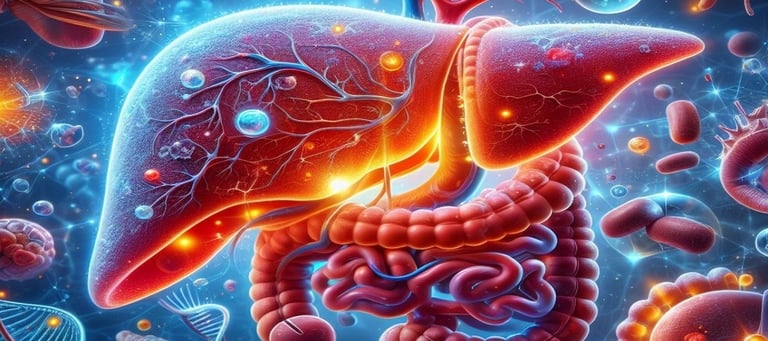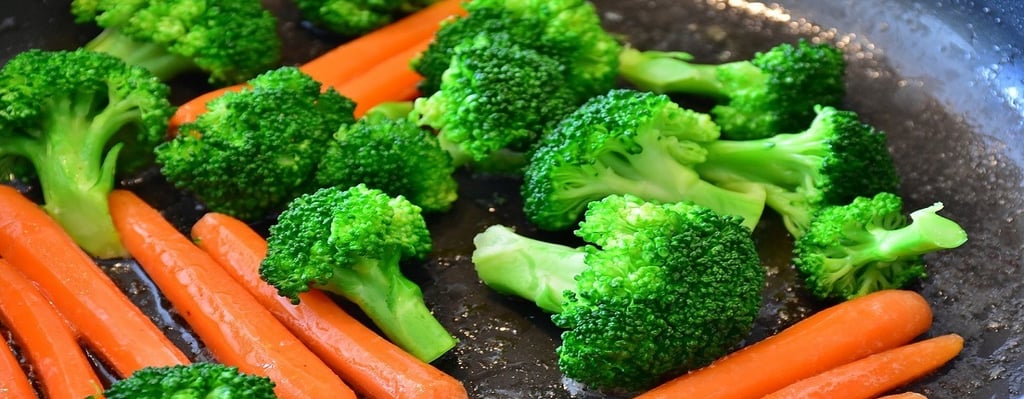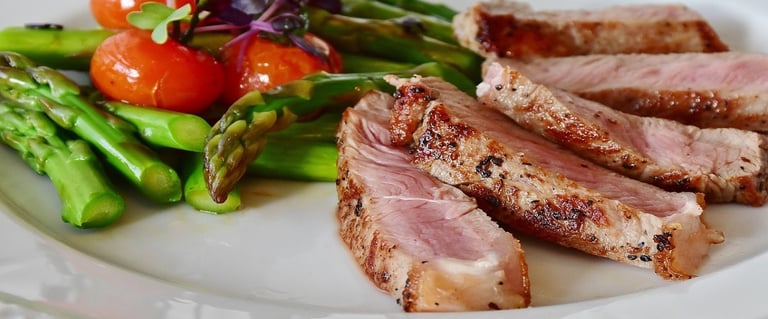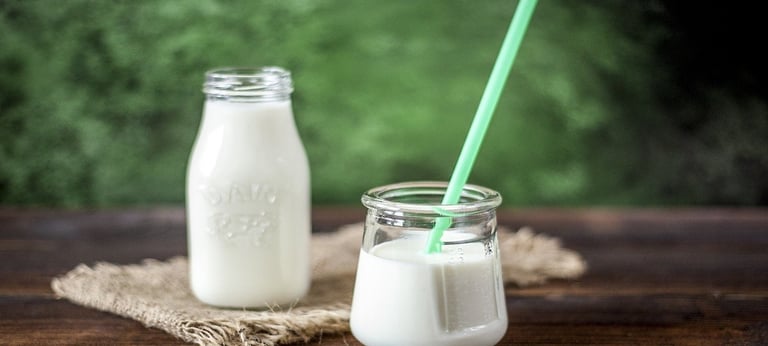What is the Glycemic Index (GI) value of Food?
Food's glycemic index (GI) indicates how quickly a food increases blood sugar levels. A high-GI-value food is not good for health. Read this micro blog to learn more!


Definition of Glycemic Index (G.I.)
Carbohydrates are the body's primary source of energy. The glycemic index (GI) is a scale from 0 to 100 that calculates how quickly carbohydrates in food will raise blood glucose levels (blood sugar levels).
The high GI value indicates that it will rapidly increase blood sugar levels, while the lower GI value indicates less effect on blood sugar levels.
Foods can broadly be classified into three categories based on (GI) value.
· High GI value: 70 or above
· Mid GI value: 56 - 69
· Low GI value: 55 or less
Side effects of High GI food


Regular consumption of high-GI foods can have the following effects on the body.
· Increased risk of diabetes
· May cause heart disease
· Weight gain
· Fatty Liver
· Food cravings and overeating
· Insulin resistance
· Anxiety and depression
· Increased risk of cancer




What are High G.I. Foods?


Excess consumption of high G.I. foods can cause health issues. The following are examples of foods with high glycemic index.
· Corn flaxes
· White rice
· White bread
· Potatoes
· Cake
· Cookies
· Sugary beverages
· French fries
· Pineapple
· Sugar
· Watermelon






Benefits of Low GI food


Foods with low glycemic index (GI) values have several health benefits which are as follows.
· Lower cholesterol levels
· Blood sugar management
· Weight loss
· Better cardiovascular health
· Lower risk of cancer
· Enhance mood
· Lower risk of anxiety and depression
· Reduce blood pressure




What are Low G.I. Foods?


Foods with low glycemic index (GI) values are healthy and should be included in the diet. The following are examples of foods with low GI.
· Lean meat
· Fish
· Green leafy vegetables
· Chickpeas
· Lentils
· Kidney beans
· Eggs
· Unsweetened Soy milk
· Almonds
· Flax seeds and chia seeds
· Whole milk
· Carrots
· Plain yogurt









